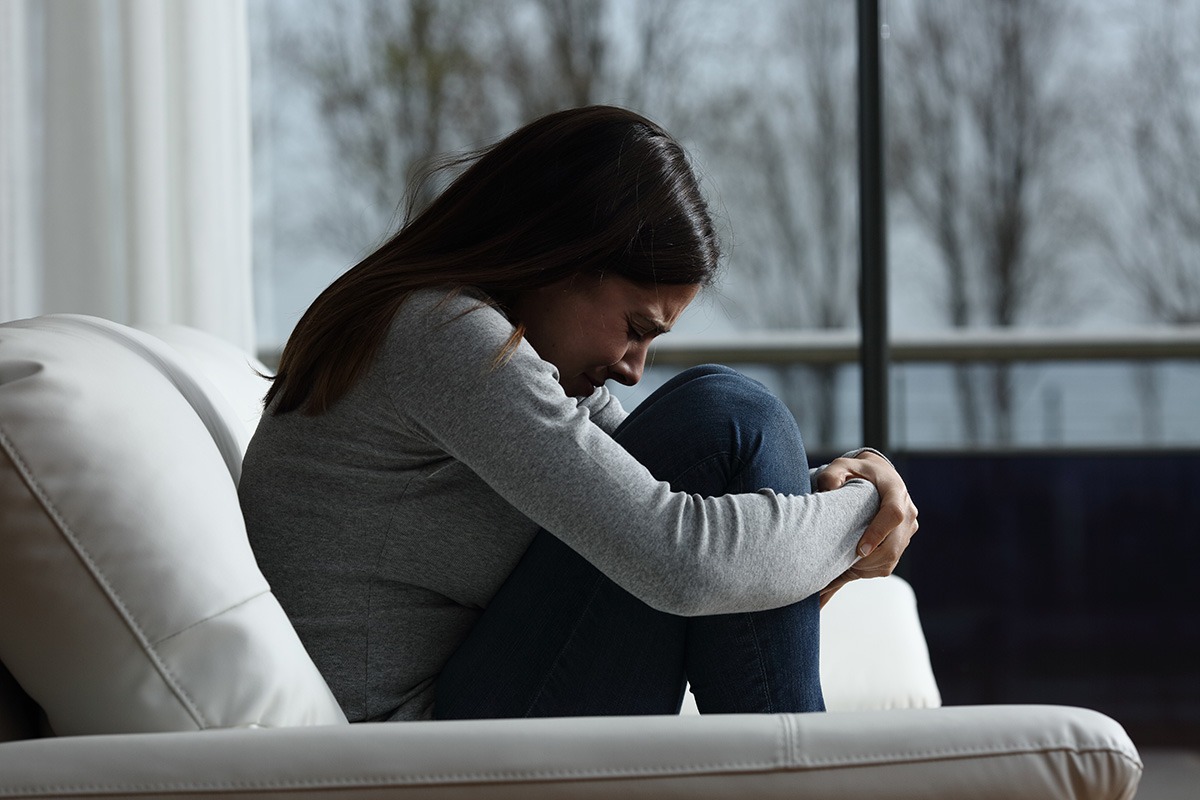These types of programs normally occur at outpatient drug rehabilitation centers. Regardless, the expense of not getting treatment can be really high. For economical inpatient and outpatient care, using an insurance coverage service provider can help cover the expense of rehab. Many insurance coverage strategies cover substancemisuse treatment totally. Talking to an insurance coverage supplier or a representative from a possible program is a good place to start. The Recovery Village's insurance verification tool can assist to exercise feasible choices.
The type of treatment program is the most significant factor in identifying for how long drug rehab will be: Detox is typically around seven daysInpatient programs typical 21 to 90 daysLong-term property care programs are usually three to 12 monthsOutpatient programs depend on the strength of the program, however they usually vary from a couple of weeks to 3 monthsThe U.S. Unlike other drugs, hallucinogens appear to affect the receptors of serotonin neurotransmitters more than dopamine. Hallucinogens like LCD, DMT, peyote, psilocybin, and ketamine mimic serotonin and go into serotonin receptors in the brain, altering behavior, character, and understandings. Research programs that hallucinogens can actually change the shape of nerve cells permanently, permanently changing the way your brain sends and gets messages.
Other hallucinogens can create dependence however, and all of them can cause problems in the personal and expert lives of those who take them since of the drastic method they impact personality and behavior. The majority of hallucinogens also provide a marked risk of overdose also. In addition to those illegal substances named above, there are more drugs that can produce dangerous addictions, such as: Cannabis Inhalants Alcohol Nicotine The majority of drugs are addicting due to the fact that of how they impact the brain's interaction system.

Drugs either promote the release of or imitate the actions of pleasure-creating neurotransmitters like dopamine and serotonin, producing momentary sensations of euphoria and happiness. The brain is wired to seek more pleasant feelings, which would generally be brought on by activities like sex or eating great food. When drugs produce a rush of synthetically created enjoyment, the brain's natural inclination is to look for more pleasure.
As the user continues to take in drugs, tolerance develops, needing bigger amounts of the drug at each sitting to achieve the exact same high. The user will continue to increase the dosage they take control of time, and the brain will adapt to the continuous increase of neurotransmitters by decreasing its production of neurotransmitters and lowering the number of enjoyment receptors.
In time, the brain ends up being rewired and its interaction system will be entirely modified. The result is that when the user stops consuming drugs, the system that has actually been rewired for a steady increase of illicit compounds is unexpectedly left with no enjoyment chemicals at all. There is nothing to balance out the inhibitory mechanisms that the brain has actually taken into location, and a series of agonizing and undesirable drug withdrawal signs set in, like depression, sleeping disorders, headaches, and a variety of flu-like symptoms.
The Greatest Guide To How To Start A Drug Rehab Center
Besides the in some cases long-term modifications that drugs have on the brain, they likewise do a number on the physical health of your body in basic. Even from the very first use, drugs have marked short-term impacts on the body, such as: Increase of hazardous behaviors and sexual practices Harmful changes in hunger Extreme wakefulness or sleepiness Impacts on heart rate and blood pressure Increased danger of cardiovascular disease or stroke Panic attacks Overdose and death Naturally, an addiction presumes long-lasting use of a substance, which will have even more devastating effects on the body, depending on the substance.
Anyone that is battling with an addiction to drugs or alcohol will benefit by going to rehab. Those who have experienced addiction understand how tough it can be to overcome it alone, and the recovery environment of rehab uses the assistance required to make a successful healing. Rehab consists of personalized treatment strategies to assist patients determine and overcome the underlying concerns that started their dependency.
In addition to dominating one's dependency, those attending addiction treatment will also discover the essential tools for constructing a productive, healthy, and delighted life (how to open a drug rehab center). Among the main advantages of going to a rehabilitation center is the structure that it provides you with. Treatment programs highlight creating day-to-day regimens full of productive activities and counseling sessions to assist keep clients engaged and get rid of interruptions.

Client's are allowed to sit, converse, and unwind often throughout the day throughout breaks and in the night since it is essential to not just find out new coping abilities however practice implementing them in a safe environment. When people have actually been experiencing a dependency to drugs or alcohol, they have established habits and ways of thinking that both allow their dependency and dissuade much healthier habits.
The https://www.scribd.com/document/474587123/221597How-To-Rehab-A-Shoulder-for-Beginners structure of rehabilitation establishes an easy everyday schedule that makes sobriety a top priority while maintaining a balanced way of life that clients can stick to post-treatment. Continuing the structured methods of living discovered through dependency healing programs suggests you will feel less pressure to find relief in drugs or alcohol when you return house (what to expect in drug rehab).
Another substantial benefit of drug and alcohol rehabilitation is the truth that clients will be in a safe and helpful environment surrounded by people who understand exactly what each other are going through. Peer support is a primary element of treatment and is definitely required to preserve long-term sobriety - how long is inpatient drug rehab. An inpatient or outpatient rehab program supplies many chances to get in touch with other individuals in healing through support groups and group therapy and to develop a network of support.